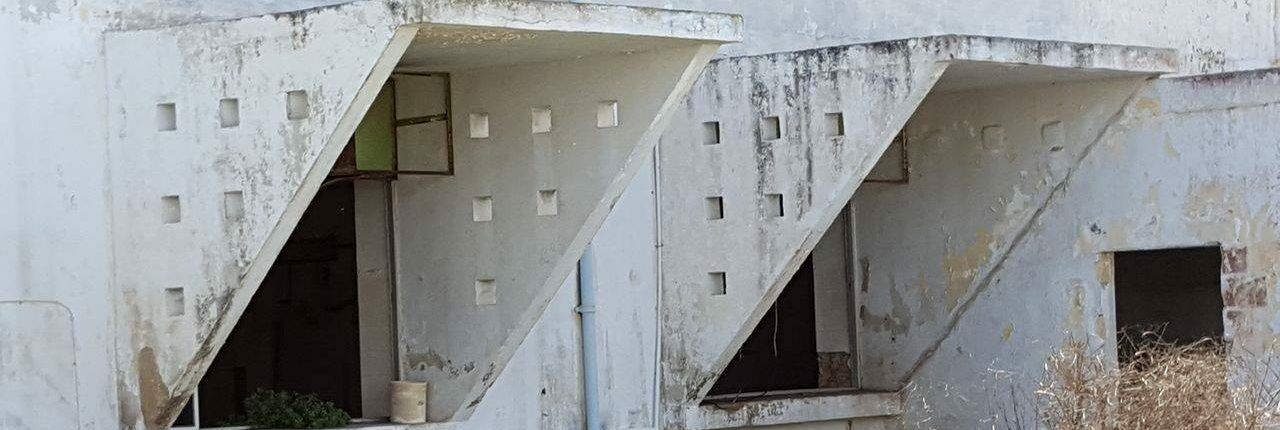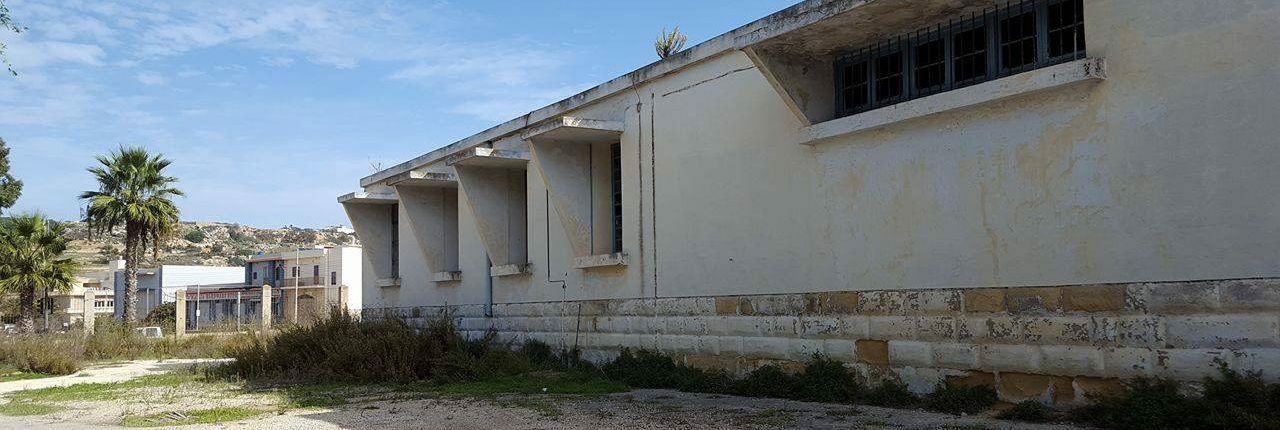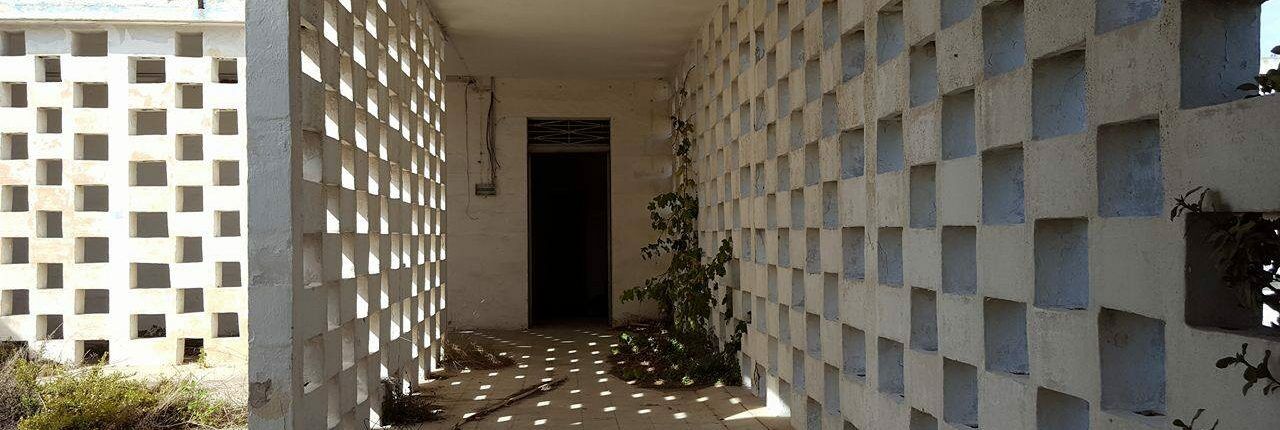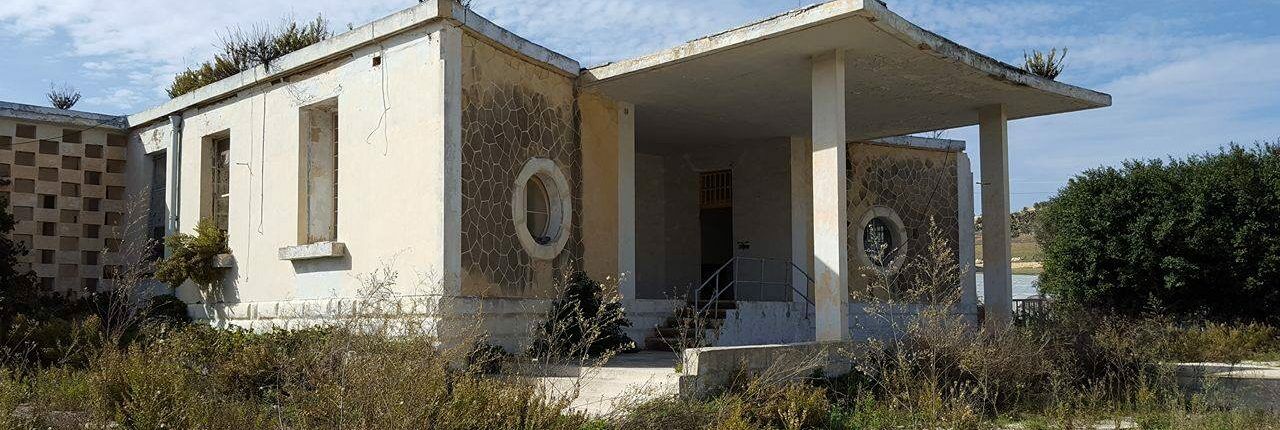PR 10/16 | Paceville Development Framework
The preparation of a Vision for Paceville is in itself a positive initiative. Independently of the content or approach, it is commendable that a draft Development Framework has been proposed which sets out a strategy for growth and for the regeneration of the area, plans staged improvements over time, reflects a change in the way urban planning and development ought to be studied, and future planning undertaken. Indeed, similar initiatives ought to be more frequent and should serve as an impetus for the mechanism to be encouraged in other areas, albeit under the umbrella of one strategic plan and vision for the nation as a whole, and not in an ad hoc and haphazard manner which raises more doubts than it proposes a clear vision that is of benefit to the whole of society. The fact that Government and the Planning Authority have appreciated that the drawing up of a comprehensive study is the best route to follow, augurs well for the future. Nevertheless, it is important that the planning exercise undertaken provides the sufficient level of detail and analysis required, and is carried out in tandem with other serious national planning issues such as transport and infrastructural requirements.
The focus on improvements in the public urban realm is absolutely correct. The extension of pedestrianised areas, and of shared surface treatment areas, is also a step in the right direction, even if more study is required to understand the impact on existing activities. The provision of open landscaped public spaces is laudable and the concept of preserving and valorising the heritage assets in the area is certainly a sound one.
It is a pity, therefore, that a laudable effort to “see the bigger picture” in a long-term perspective is diminished by a number of serious flaws in the Framework. The exercise seems to have degenerated into a justification of previously-determined development volumes, in previously determined locations. “The quantum of development proposed at Paceville” is accommodated but never challenged. Consequently, the “iconic skyline” is taken as an assumed desiderata. The urban design principles which are promoted in the document are of top quality, but the same principles seem to be contradicted by the scale of development proposed – which is never justified.
The Framework document is peppered with the right references to contemporary sustainable urban development principles. This is jargon found in textbooks on planning and urban design, but which mean nothing if not grounded in socio-economic and planning research. When assessing the detailed proposals, one struggles to understand how such principles implemented. There is reference, for example, to community facilities under the impressive heading of “social sustainability”, but nowhere is there any indication of what facilities would be provided. The document refers to “preserving the inheritance of local traditions” but makes no mention of what these traditions are.
The document suggests that social cohesion is the result of entrepreneurship and the tourism industry. This argument is highly debatable. Tourism is certainly not the best tool to foster social cohesion – on the contrary, it tends to erode community relationships, and hence social cohesion. In addition, development which emphasises social disparity does not strengthen cohesion.
A promising document, focusing on the need to improve the public urban realm, is crippled by the lack of social research and the judgmental propositions. The failure to consult, in any way, with residents and economic operators of Paceville, is a serious defect. The authors report a “number of site visits”, but otherwise do not explain the methodology followed in the assessment of the situation, and hence in the formulation of proposals. There is nothing in the document which suggests that the rights of residents and locals to partake of the “economic growth” that will result from the proposed development will be safeguarded.
The Development Framework proposes extensive expropriation of private land and property – assets that many people’s lives, homes, business and investments have been built upon, on the basis of the current legal frameworks. The document becomes highly discriminatory, focusing primarily on business interests that are already public – whilst not considering possible future developments of a similar or smaller scale elsewhere.
The Kamra tal-Periti has submitted its formal response (attached) to the Planning Authority as part of the ongoing public consultation process. This response outlines a number of matters that, in the opinion of the Kamra, require addressing before this document proceeds to being translated into a Local Plan for the area. These include the following primary concerns:
- that the document cannot and should not be presented as a Masterplan or a Local Plan review, but as a Development Framework as in fact presented by the authors themselves;
- that the draft fails to address the criteria established in the Terms of Reference provided to the consultants by the Planning Authority;
- that the framework conflicts with the Strategic Plan for the Environment and Development (SPED) in terms of the proposal for having tall buildings, the significant increase in residential and commercial floorspace, the adoption of low parking standards and the proposal of a significant land reclamation project;
- that the volumes and population density proposed have all the makings of a potential development bubble, with the allocation of space being proposed in a highly inequitable manner and with a complete lack of consideration for privately owned property, while at the same time allocating significant development potential to public land which is being therefore given to speculative purposes;
- that the submission of the draft to a Strategic Environment Assessment (SEA) process is highly premature and not in line with the regulatory procedures in this regard;
- that the document presents a number of shortcomings which are primarily a result of the fact that it is based on pre-established intentions, and there appears to have been little, if any, attempt to understand the problems, the assets, and the particular dynamics of the area with a view towards achieving a proposal which truly valorises those aspects which make Paceville unique, and to build on these in order to achieve a sustainable growth of the area which is founded on sound social, economic and environmental considerations;
- that while the Framework includes a number of good proposals regarding the infrastructure required to support the proposed development, these are proposed in isolation rather than being presented within a National Framework and Paceville appears to have been singled out for significant investment at the expense of other localities;
- that the transport strategy is flawed because it only addressed transport within the plan area and does not offer a coordinated approach taking into account access to and from Paceville;
- that while the Kamra tal-Periti is not contrary to the development of tall buildings, it cannot accept the absolute absence of any justification of either the volume, or the location of such tall buildings, and the fact that the authors appear to have assumed that the provision of such structures are the only solution to an “attractive, safe, efficient and environmental (sic) friendly place, where people live, work, play, and interact…..”;
- that the proposed development poses significant environmental concerns in terms of sustainability, material resources and waste generation which are not adequately address within the document;
- that considerations regarding financing, phasing and implementation of the Development Framework are essential but are not sufficiently elaborated upon, and the complete lack of cognisance of privately owned property in the area and the cumbersome legal procedures that would be required to acquire such property raises serious doubts about the achievability of this plan.
The Kamra tal-Periti is therefore of the opinion that, while this Development Framework has a number of positive aspects that bode well for a successful regeneration of the Paceville area, it also manifests a number of issues which are of concern and which require significant re-evaluation prior to moving this document forward for adoption as the basis of a Local Plan for the locality.




